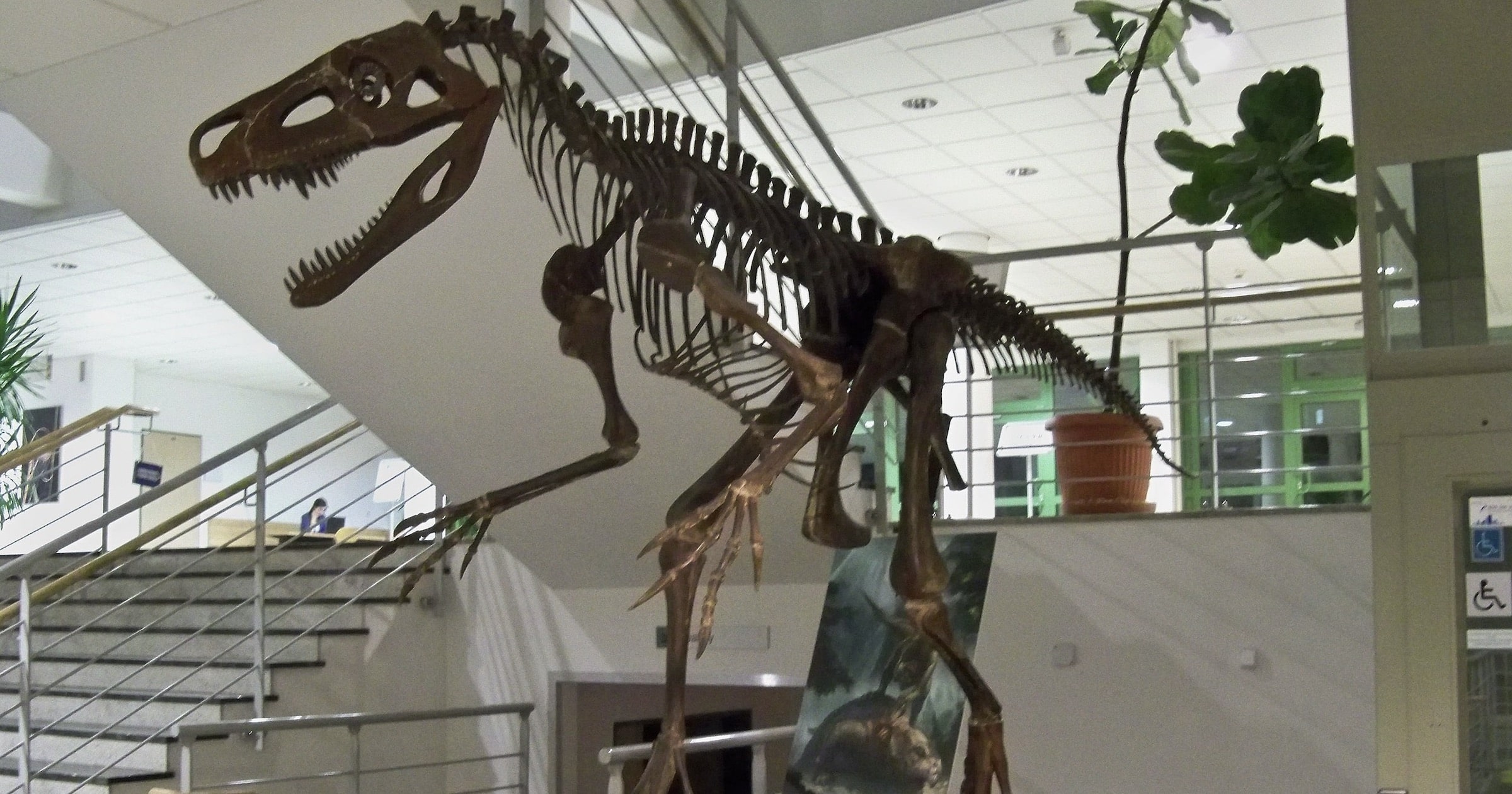 Evolution
Evolution
 Intelligent Design
Intelligent Design
In Debate on Intelligent Design, Critic Cites Dragon Legend to Justify Evolution’s Failures

Richard Sternberg and Michael Behe debated in Kraków, Poland, recently on the question, “Intelligent Design in Nature: Illusion or Reality?” You can watch for yourself. It was a refreshingly civil and even friendly conversation with philosopher of science Michael Ruse, a longtime ID critic, and Malgorzata Moczydlowska-Vidal, a Polish-born professor of micropaleontology at Uppsala University in Sweden. Sternberg and Behe were excellent and there was some drama — exchanges about “nonsense” versus “pseudoscience.”
But honestly, on the science, I can’t say that their opponents really engaged Dr. Sternberg and Dr. Behe all that much. Dr. Ruse brought forward Vladimir Putin and the Holocaust as features in his arguments. I can’t recall the details of how those were supposed to be relevant in a discussion about whether nature bears scientific evidence of purpose and design.
From Dragon to Dinosaur
Dr. Moczydlowska-Vidal, who did her best with English, seemed to be saying in her opening presentation that evolution is true because evolution is true and there is no evidence for intelligent design because there is no evidence for intelligent design. My favorite moment was an adorable parable she told about how ID is like a “legend” that will be cleared up by further scientific investigation. She related how in ancient times, people in Silesia, part of modern Poland, found dinosaur bones. When they tried to imagine the creature to whom the bones belonged, they figured that the monster must be a dragon. Storytelling further elaborated that the dragon lived in a cave under Wawel Castle in Kraków and snatched up and ate virgins.
Much more recently, along came scientists who clarified that the bones were no dragon but a dinosaur, designated as Smok wawelski, the Wawel Dragon. (Pictured above.) Smok means dragon in Polish. The point appears to be that in good time, science will answer all the enigmas in biology, like the bacterial flagellum, that seem to defy any evolutionary explanation that leaves out intelligent design. Or something like that. Therefore, concludes Dr. Moczydlowska-Vidal, “Long live Smok wawelski!”
It is, as Professor Behe acknowledges, a charming tale, but not very relevant as far as the details of the scientific debate go. Thanks to the wonderful Fundacja En Arche for sponsoring this interesting and entertaining event. At some point, I would like to see scientists or philosophers really go after the meat of what ID proponents say. It happens from time to time, but it’s a rare thing, and you have to wonder why that is.
